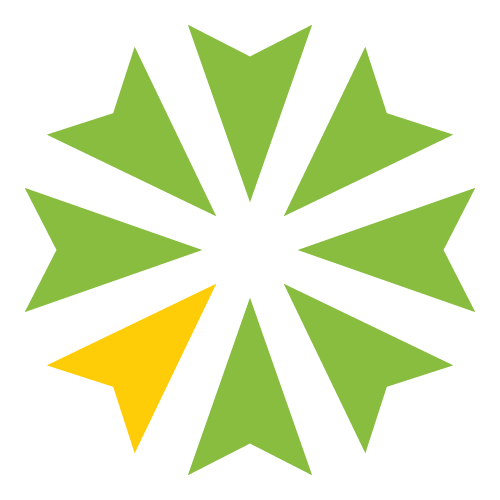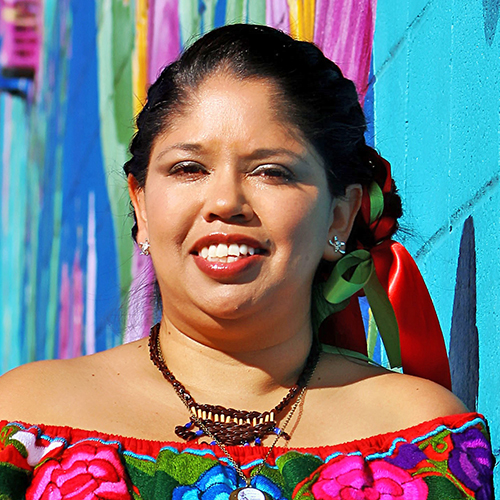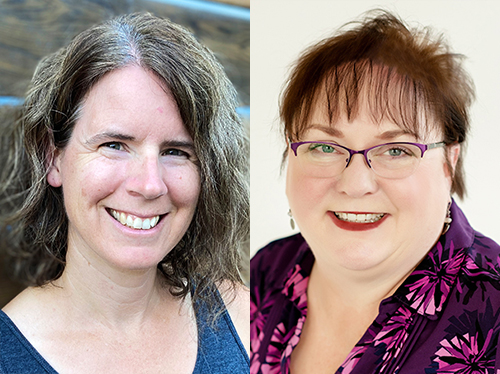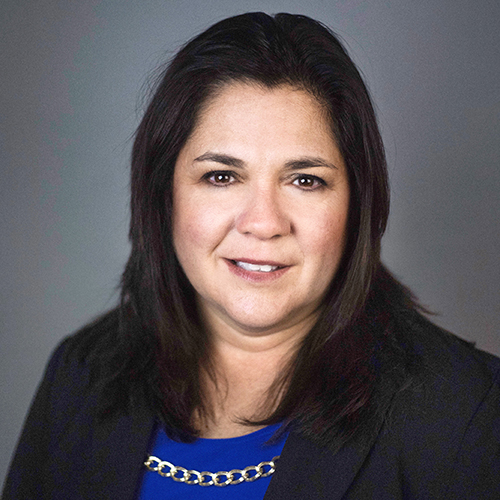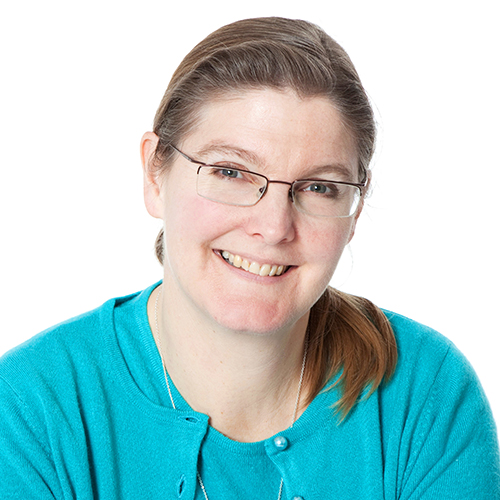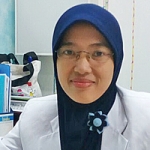 IBCLC Detailed Content Outline: Clinical Skills Focused CERPs - Section VII
IBCLC Detailed Content Outline: Clinical Skills Focused CERPs - Section VII
Access CERPs on Clinical Skills for the IBCLC Detailed Content Outline recertification requirements. Enjoy convenient on-demand viewing of the latest Clinical Skills focused IBCLC CERPs at your own pace.
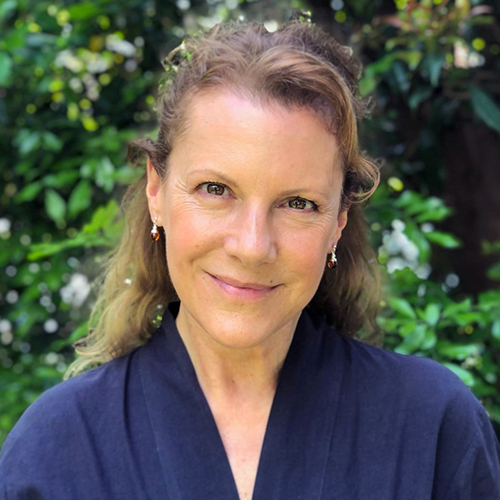
Including Fathers and Partners to Support Perinatal Mental Health and Marriages

With over 25 years’ experience as a relationship counsellor, parents’ group facilitator, mental health educator, partner and mum, Elly Taylor has become an internationally known parenthood preparation and perinatal relationship expert and the award-winning author of Becoming Us. Elly’s passion is preparing parents for a happy and healthy family—at any stage in their parenthood journey, and especially in a challenging world. Her Becoming Us approach includes fathers and partners in all aspects of pregnancy, birth and beyond, harnesses the attachment bond between couples to stabilise them through the life changes and challenges of parenthood and links both parents into community services to support the mental, emotional and relational wellbeing of the whole family.
Elly has served as an advisor for numerous university research projects and her ground-breaking Becoming Us developmental framework has now become a comprehensive multi-disciplinary education and professional training and courses for parents. In a full circle moment, Elly recently trained midwives, allied health and therapy professionals in her local community and now Becoming Us Nest Building Sessions are preparing expectant parents in the hospitals where her children were born. Elly lives in Sydney, Australia with her firefighter husband, their three kidults and an abundance of pets.
Topic: Communication and Conflict - How Connection Supports Both - [View Abstract]
Topic: Including Fathers and Partners to Support Perinatal Mental Health and Marriages - [View Abstract]
"The “transition” into parenthood is supposed to be a time of joy, love and wonder, and yet research paints a very different picture: currently 1 in 3 mothers and 1 in 5 fathers suffer from anxiety or depression during the perinatal period. You might also be shocked to know that 92% of couples report increased conflict and 67% a decline in relationship satisfaction in the first few years of family.
And referring to parenthood as a “transition” is misleading – there are, in fact, multiple transitions for couples to navigate.
Including fathers or partners in pregnancy, birth and the multiple transitions of early parenthood helps to reduce both mothers' and fathers' risks for anxiety, depression and relationship problems and supports both parents' mental, emotional and relationship health, so the whole family can thrive. In this presentation, practitioners will learn simple and easy ways to include fathers and partners, even if they’re not in the room, and discover how small things can make a big difference to a family’s future.
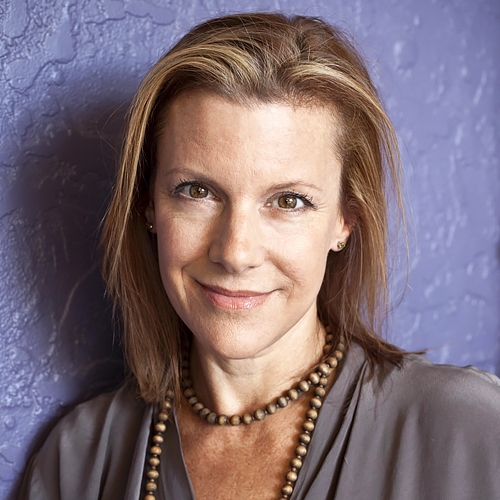
View Details / Enroll
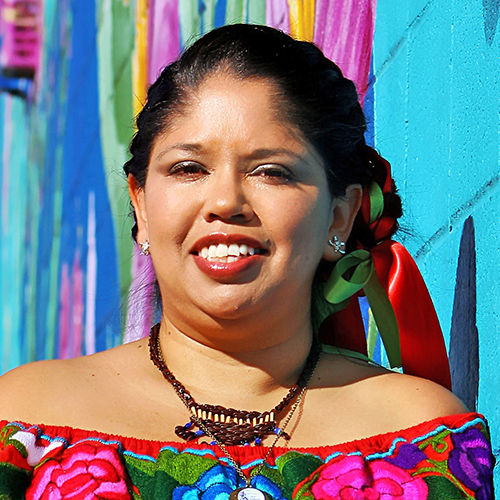
Increasing Lactation Support Through Community Partnerships

Monica Esparza is currently the Executive Director of the New Mexico Breastfeeding Task Force. She is a trained Certified Lactation Counselor and Community Interpreter who previously served families as a breastfeeding peer counselor for more than 10 years, providing peer-to-peer support to lactating families through the Department of Health Women's, Infant & Children's program both individually and in the hospital setting. She participated as a Leader in the Health Connect One Birth Leadership Academy and the NM Women of Color Leaders in Non-profit. She has served on different boards and currently sits on the National College of Midwifery Board and the New Mexico Certified Nurse Midwives Board. As a Mexican, Immigrant woman living in the south valley of Albuquerque, she brings a grassroots community approach and an equity lens into her every aspect of her work. She understands the importance of centering families and Black, Indigenous and People Of Color as a crucial step into achieve birth equity. She enjoys hiking and gardening with her husband and 2 children.
For low-income, immigrant, and rural families and their infants, access to lactation care is a critical need at one of the most vulnerable times of a child’s life. A root cause of this significant gap is the lack of lactation professionals and lactation-support training for healthcare professionals and home visitors. Knowing that home visitors are critical for families, the New Mexico Breastfeeding Taskforce (NMBTF) conducted a survey in 2020 to ascertain how to help increase home visitors’ knowledge and confidence about lactation issues so they can better support families. The survey results indicated that only 42% of home visitors had ever attended a breastfeeding class and that 100% of those surveyed could benefit from the support of lactation professionals in the communities they serve. In order to address this gap, NMBTF developed a combination of the Home Visitor Lactation Support Program and the Certified Lactation Counselors (CLC) Training programs for Lactation Education and Support Expansion in NM. First, NMBTF is piloting comprehensive lactation training for home visitors that addresses the basic lactation education they need to support the families they serve. The training program is evidence-based and includes culturally sensitive parent education, knowledge about latch and positioning, and guidance for accessing related local community resources. NMBTF partnered with home visiting programs to provide lactation education to their home visitors. Second, NMBTF worked to recruit women of color for the CLC training and provide financial aid. As CLCs, they will then be able to provide a network of expanded and enhanced lactation support in the underserved communities they serve, for their clients, and act as a resource to other home visitors.
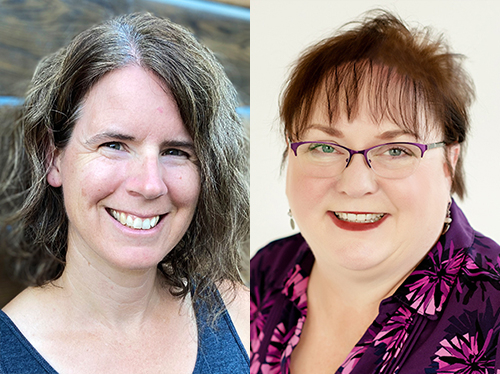
Increasing Access to Parental Breast Milk During Incarceration: The Role of the Human Milk Bank

Carrie Cohen, MA, MS, IBCLC in an instructor with the University Studies Department of Portland State University. Her Senior Capstone course, “Current Issues In Pregnancy and Birth” has partnered with the Family Preservation Project of the YWCA of Greater Portland on various projects to support families prenatally through postpartum and beyond while incarcerated. Additionally, she works as a lactation consultant serving families in Oregon and SW Washington in the United States.
Lesley Mondeaux has served as the Executive Director of Northwest Mothers Milk Bank since it opened its doors in 2013. Formerly serving on the board of directors she helped in the effort to bring a nonprofit milk bank to the Pacific Northwest. She is a registered nurse and lactation consultant with over 30 years’ experience working with mothers and babies in labor and delivery, postpartum, and outpatient breastfeeding support. In 2011 she was awarded the Oregon March of Dimes Nurse of the Year in Maternal-Child Health. She is active in the Human Milk Banking Association of North America, currently serving as the conference chair and member of the accreditation committee.
A native Oregonian, Lesley lives with her husband of 36 years. She has four amazing children.
Lactation support in US prisons and jails continues to be limited in access and scope. Up to the COVID pandemic, the rate of women incarcerated in the US rose by 800% since the 1980s. Approximately 60-80% of these women are the parent of a minor, many the primary caregiver of their child/children. Every year, approximately 10% of women entering custody are pregnant. Native American, Black/African American and women of lower educational attainment and socioeconomic standing are also overrepresented in American prisons, perpetuating cycles of intergenerational trauma and health disparities.
Enabling mothers/lactating parents to breast-feed or express milk for their infants while in custody has the potential to reduce the harm associated with infant-parent separation. Mothers have expressed positive mental health impacts from the act of milk expression and knowing their milk was reaching their infants. The availability of lactation support can help mothers manage breast health throughout the postpartum period. Infants maintain connection with their parent, while receiving all the benefits human milk brings.
Milk Banks can play a unique role in their ability to support infants, parents-in-custody and caregivers through their expertise in human milk handling, transportation and storage. Our presentation will highlight the Expressions of Care program of the Northwest Mothers Milk Bank: to provide a potential model of how organizations might further expand infant access to human milk within this important and often-overlooked population.

Infant and Young Child Feeding in Emergencies: Background, Best Practice, and What You Can Do

Karleen Gribble (BRurSc, PhD) is an Adjunct Associate Professor in the School of Nursing and Midwifery at Western Sydney University.
Her interests include infant and young child feeding in emergencies, marketing of breastmilk substitutes, parenting and care of maltreated children, child-caregiver and caregiver-child attachment, adoption reform, and treatment of infants and young children within the child protection, immigration detention, and criminal justice systems.
She has published research on these subjects in peer-reviewed journals, provided media commentary, contributed to government enquiries, provided expert opinion for courts, and engaged in training of health professionals, social workers, and humanitarian workers on these subjects.
Karleen is an Australian Breastfeeding Association Community Educator and Breastfeeding Counsellor. Since 2010 she has been a member of the Infant and Young Child Feeding in Emergencies Core Group and has been at the forefront of the development of policy, training and research in the area of infant and young child feeding in emergencies.
Topic: Infant and Young Child Feeding in Emergencies: Background, Best Practice, and What You Can Do - [View Abstract]
Topic: Milk Sharing: Comparative Risks and Biomedical Ethics - [View Abstract]
In any emergency, infants and young children are particularly vulnerable. Providing appropriate aid is vital to ensure that children have the best chance of surviving. This presentation will describe why infants and young children are at increased risk during times of crisis and outline how aid can support, or sometimes undermine the health of infants and young children. Detail on instruments to support appropriate infant and young child feeding in emergencies will be provided, along with information to assist participants in advocating for appropriate infant and young child feeding in emergencies in their context.

View Details / Enroll

View Details / Enroll
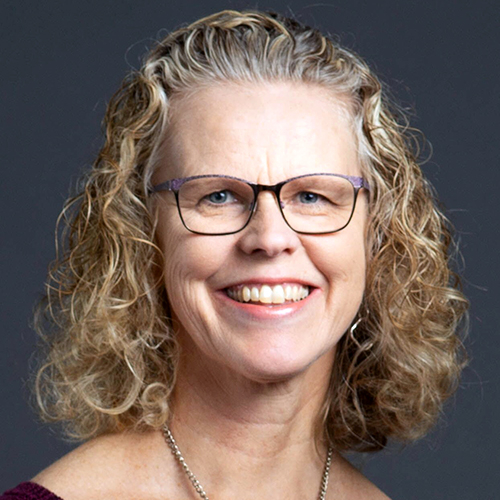
Informed Decision Making: Gaining Skills & Confidence with Tricky Conversations

For over 25 years Sonya Boersma has supported best practice, working with mothers and babies, as well as professionals. She delivers a calm and informative consult to a diversity of clients and situations. For her it's an honour to work with new, new-again, or soon-to-be parents, tailoring care to each.
Sonya also has a broad range of experiences supporting health care professionals to provide infant feeding evidence-based care. She has been instrumental in developing resources regionally and provincially. As a provincial Health Promotion Consultant, Sonya assisted health care organizations like hospitals to progress in implementing the WHO's Baby-Friendly Initiative. She was the coordinator of provincial breastfeeding protocols, including Informed Decision Making: Infant Feeding and facilitated IDM and other workshops around the province for a variety of health care professionals.
As an IBCLC and Registered Nurse in various roles such as public health, northern nursing in Yukon Territory, Canada, as a birth doula, and as an independent Lactation Consultant, she has been fortunate to work with parents in the whole childbirth continuum.
In her spare time, she's likely outside hiking, cycling, or cross-country skiing or being with family.
Topic: Informed Decision Making: Gaining Skills & Confidence with Tricky Conversations - [View Abstract]
It can be tricky when as health professionals, we want to build trust and support our client, and at the same time, presenting evidence-based information on infant feeding can be uncomfortable.
The purpose of this presentation is to enhance awareness, augment skills and comfort in having informed decision making (IDM) conversations, so participants can more confidently engage with their clients.
In this presentation we will review scenarios where IDM conversations are needed, explore language to begin, and discuss tips on engaging your client. We will also refresh knowledge of the risks of not breastfeeding/chestfeeding, as well as differences between direct breastfeeding versus feeding expressed breast milk. Further, we will discuss communication strategies using practical examples and provide participants with supporting resources including sample videos so that participants may confidently have conversations with clients about infant feeding that generate informed decision making.
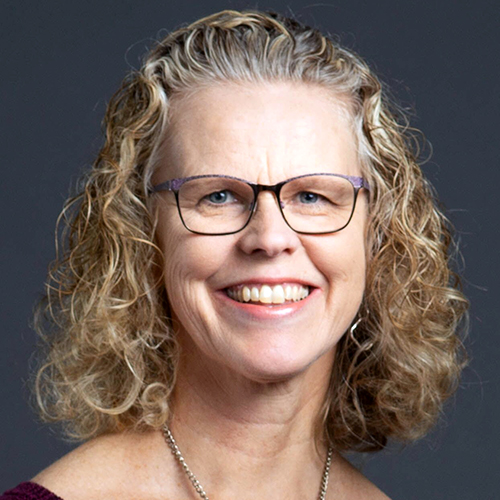
View Details / Enroll
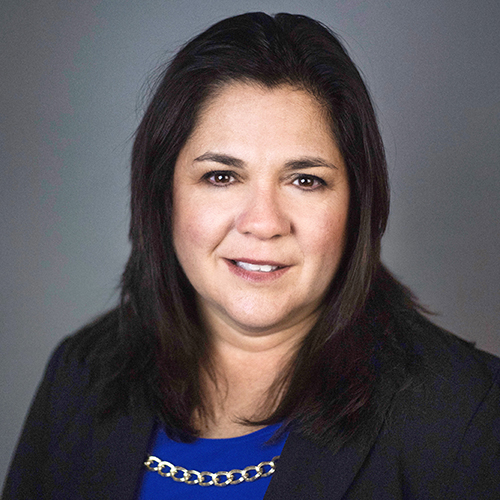

Annette Leary is a registered nurse with over 33 years of experience working in Maternal Child Health (pediatrics, postpartum, home health care and level 2 NICU). She became an IBCLC in 1995. She owns a private practice providing office, in home, and virtual visits at Orlando Lactation and Wellness. In 2022 she formed a collaborative company Baby B.L.I.S.S. : Central Florida Feeding Collaborative where she and her business partners help families prenatally, antepartum and post partum navigate the growth, development and feeding journey of their children. She began her craniosacral therapy training through the Upledger Institute in 2015, taking advanced maternal and pediatric specialty classes. Annette has found great improvement incorporating craniosacral therapy techniques with lactation consulting. Helping Families Latch onto Parenting has always been her mantra.
Topic: Where to Start: Creating a Lactation Care Plan for Complex Breastfeeding Cases - [View Abstract]
Lactation support may be time-limited when caring for multiple families with varying degrees of complexity and needs. Prioritizing between parents and within the individual cases, employing critical thinking skills, and identifying the chest/breastfeeding family’s needs is essential to efficient workflow. Competing priorities can be stressful and draining. Mindfulness empowers those providing care the clarity to prioritize needs and increase satisfaction for both family and lactation support team.
The presentation will consist of actual lactation scenarios varying in complexity and diverse work environments. Participants will interact via the chat box to triage cases, rank interventions and create a collaborative discipline list. We will end with a brief mindful activity.

View Details / Enroll

It Takes a Village: Understanding the Role of and Integrating Extended Family in the 4th Trimester.

Rue Khosa, AKA The Boob Boss, is the owner/founder of The Perfect Push, a lactation and parenting wellness clinic in downtown Redmond. She is a board certified family nurse practitioner, lactation consultant and a THRIVE parenting educator. Rue was born and raised Zimbabwe, where family plays a critical role in supporting expectant and new parents. This type of communal caring, called “kugarira”, helps families prepare for a new baby both emotionally and physically and guides them through the often challenging newborn period. Rue created The Perfect Push to bring that experience to Seattle. Rue began her women’s health career as a labor and delivery nurse over 10 years ago, at Washington Hospital Centre in DC. She received her graduate degree from Georgetown University, and her undergraduate degree from the University of Maryland, Baltimore. Prior to opening her private practice, Rue was a Teaching Associate in the Department of Family Medicine at the University of Washington’s School of Medicine and an Adjunct Clinical Faculty at Northwest University Buntain School of Nursing. In July 2019, Rue was commissioned by the Mayor to the City of Redmond’s Human Services Commission. In February 2020, Rue was invited to join Washington State Hospital Association's Safe Delivery Roadmap Commission. She sits on their Birth Equity task force working on program development. She also sits on the board of No More Under, a non profit organization committed to drowning prevention and awareness. Outside of redefining the childbirth and parenting experience, Rue is a mother of two young boys with a third on the way. She lives in Redmond, WA with her husband, mother and boys.
American culture values self-sufficiency and celebrates self-sacrifice in the name of success. The idea of community and communal living is fast becoming a thing of the past. Children graduate, go off to college, start careers and families seldom looking back. Moving back home or moving back to one’s old neighborhood is now unheard of. The result has been the rise of the nuclear family and the fall of the generational knowledge that supported breastfeeding and identified new moms at risk of perinatal mood and anxiety disorders.
This talk will explore the importance of restoring and improving community and peer breastfeeding support and identifying barriers to success. Lactation providers will learn how to identify importance and the role extended family and how to include them without violating our patients privacy. Attendees will gain insight on health disparities and the historical significance of breastfeeding in communities of colors. Last but not least, the talk will highlight the importance of providing culturally sensitive and appropriate care.

View Details / Enroll

View Details / Enroll
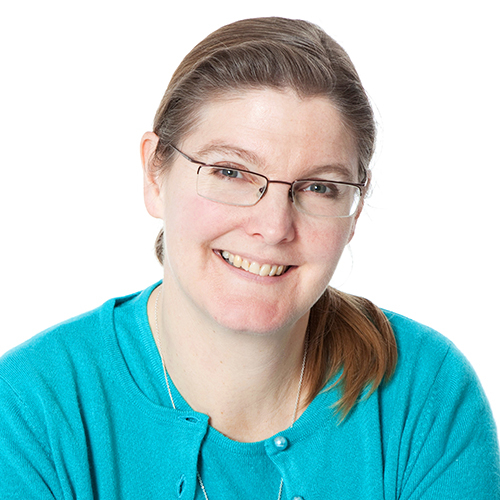

Helen Gray MPhil IBCLC is Joint Coordinator of the UK Steering Group of the World Breastfeeding Trends Initiative (WBTi). In 2017 she and Clare Meynell IBCLC jointly received the Award for Outstanding Contribution to Breastfeeding from the Lactation Consultants of Great Britain (LCGB), for leading the UK’s first WBTi assessment of infant feeding policies and programmes.
Helen is an international speaker on ethics and conflicts of interest. She represents La Leche League of Great Britain on the UK Baby Feeding Law Group, which works to bring the International Code of Marketing of Breastmilk Substitutes into UK law. She is also Policy and Advocacy Lead for Lactation Consultants of Great Britain, and previously co-chaired LCGB’s Communications Team.
Helen’s background in anthropology and human evolution has influenced her interest in how breastfeeding, and the way we nurture our babies, are influenced by both human biology and culture.
Her current advocacy focus is the need for strong policies to protect infant feeding in emergencies. She currently serves on the Advisory Panel for a London Food Resilience research project with Oxford University.
In her spare time, she can be found sculling on the River Thames.
The profession of lactation consultant has grown around the world and has evolved enormously since its inception in 1985. At first, the development of the profession provided skilled breastfeeding counsellors with a role that aligned with the medical model, provided a career pathway, and provided evidence of lactation skills and experience.
Over the years, the certification has grown and now there are over 33,000 International Board Certified Lactation Consultants© (IBCLC©) in 125 countries with the exam now offered in 17 languages. Lactation consultants are now recognised at national and global levels as providers of expert lactation care, and they work within a “landscape” of varied roles and qualifications, each of which brings their own important skill set. IBCLCs play many roles, ranging from advocate to clinical expert, from policy consultant to researcher. The profession has evolved in response to sociocultural change and global issues. One major change has been the increasing importance of technology and the internet, driven partly by the fact that the consumers of breastfeeding care are the most internet involved generation in history, with a particularly rapid transition in response to the COVID-19 pandemic. Major shifts have included the recognition of structural racism, health disparities, inequities in health care and in breastfeeding support, the importance of building a more diverse workforce, recognition of the gendered nature of lactation care and the need for inclusion for people of all genders, breastfeeding as a reproductive right and as a human right of the breastfeeding dyad, and the impact of how babies are fed on many other spheres, including climate change and public health.
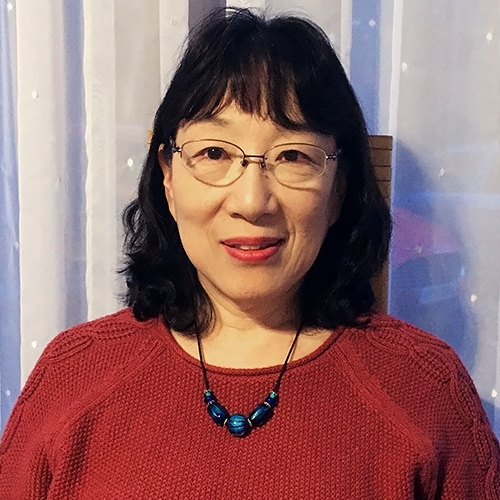
Lactation Education as Advocacy: Increasing Knowledge Among Physicians

Tomoko Seo is a pediatrician and IBCLC in Japan, working in a private clinic with colleagues including IBCLCs who practice's general pediatrics and breastfeeding medicine. She became certified as an IBCLC in 1999 and recertified in 2004, 2009, 2014 and 2019. She is a member of the Japanese Association of Lactation Consultants (JALC) since 1999, when it was founded. JALC has been holding conferences several times a year, including the “Annual Breastfeeding Seminar for Physicians” since 2005 to provide breastfeeding education to physicians and improve breastfeeding support among physicians. Tomko has been a member of the Academy of Breastfeeding Medicine (ABM) since 1999. She is also an active member of the International, Protocol, Education, Conference, Membership Committees of ABM.
Breastfeeding facilitates good health in infants and mothers, and for all humans throughout life. Medical professionals should be advocates for breastfeeding, and physicians could be one of the most influential advocates. However, many medical students, residents and physicians have very limited opportunities to learn about breastfeeding and human lactation during their medical education.
From another point of view, breastfeeding is a private experience as well as a scientific matter. If a physician or a partner successfully breastfeeds, she/he may become a more effective advocate for breastfeeding. So, it is imperative to provide medical students, residents, and young physicians with education about breastfeeding and to enable them to experience successful breastfeeding personally, in order for them to promote and support breastfeeding among their patients.
The Academy of Breastfeeding Medicine is an international organization of physicians who protect, promote, and support breastfeeding, and one of its goals is to develop and disseminate the standard for physician education around breastfeeding and human lactation. ABM has developed protocols and statements for health care providers to utilize for breastfeeding management.
The WHO/UNICEF revised Ten Steps to Successful Breastfeeding in 2018, includes in Step2 “Ensure that staff have sufficient knowledge, competence and skills to support breastfeeding”. This included physician education. There are many ways to educate physicians, and ABM materials could be one option.

View Details / Enroll
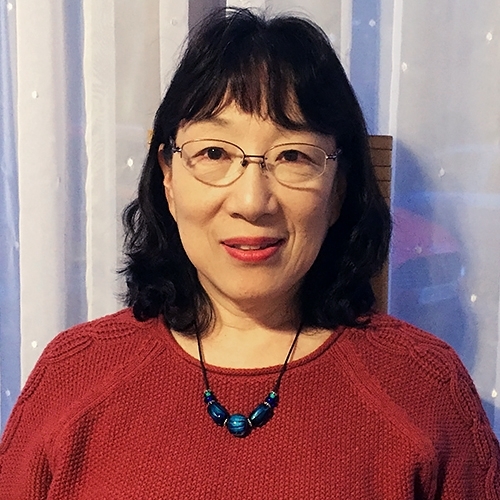
View Details / Enroll
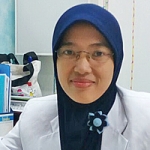

I am a wife and mother of two breastfed children. I was a general practitioner and am currently more focused on helping mothers to breastfeed. I work at Puri Cinere Hospital and Kemang Medical Care Women and Children as a lactation counselor. I currently on leave due to accompany my husband school in United State for his PhD programs. Since 2009, I've been helping mothers who have difficulties breastfeeding. It is a delight when we meet during tough times, then met again once their breastfed child are big and smart, and most importantly successfully breastfed. My desire is to help mothers to breastfed wherever I live in this world.
Good doctor–patient communication is essential for positive health care outcomes. Ideal doctor–patient communication generally is reflected in a partnership communication style. However, in Southeast Asian settings, we often see a more one-way style with little input from the patient.
Helpline services is breaking the ice, and is considered a new option modality for patients in Indonesia. The ease in contacting medical professionals through phone and text messages seems more comfortable, personal and inexpensive.
Breastfeeding support via a helpline helps mother to feel reassured, confident and more determined to continue breastfeeding, and in majority of occasions resolves their particular concerns.
Lactation Clinic in Puri Cinere Hospital, Depok, West Java, Indonesia was established in August 2011 and operated a helpline since the beginning of its establishment. Helpline service is open 24 hours daily, through phone, text messages, whatsapp, or blackberry messenger directly to doctors who are also breastfeeding counselors. There are six doctors who take turns every month to receive calls and reply to messages. Helpline numbers are distributed to patients during post natal rounds or at patients doctors appointments in lactation clinic.
A longitudinal study conducted in March to December 2014 shows 202 helpline cases in 9 months. There were 29 cases (14%) questioning EBM handling, 24 cases (12%) asking about complementary feeding, 19 cases (9%) of infant stool, 19 cases (9%) medication and mother's milk, 15 cases (7%) frenotomy after care and other various problems. 63% cases were successful managed via helpline, and 37% cases were referred to the Lactation Clinic to get further help.
There were many cases resolved through helpline calls and messages. High success rate of helpline management shows that helpline program is effective to help mothers and resolved their particular concerns; especially in Indonesia.

View Details / Enroll



